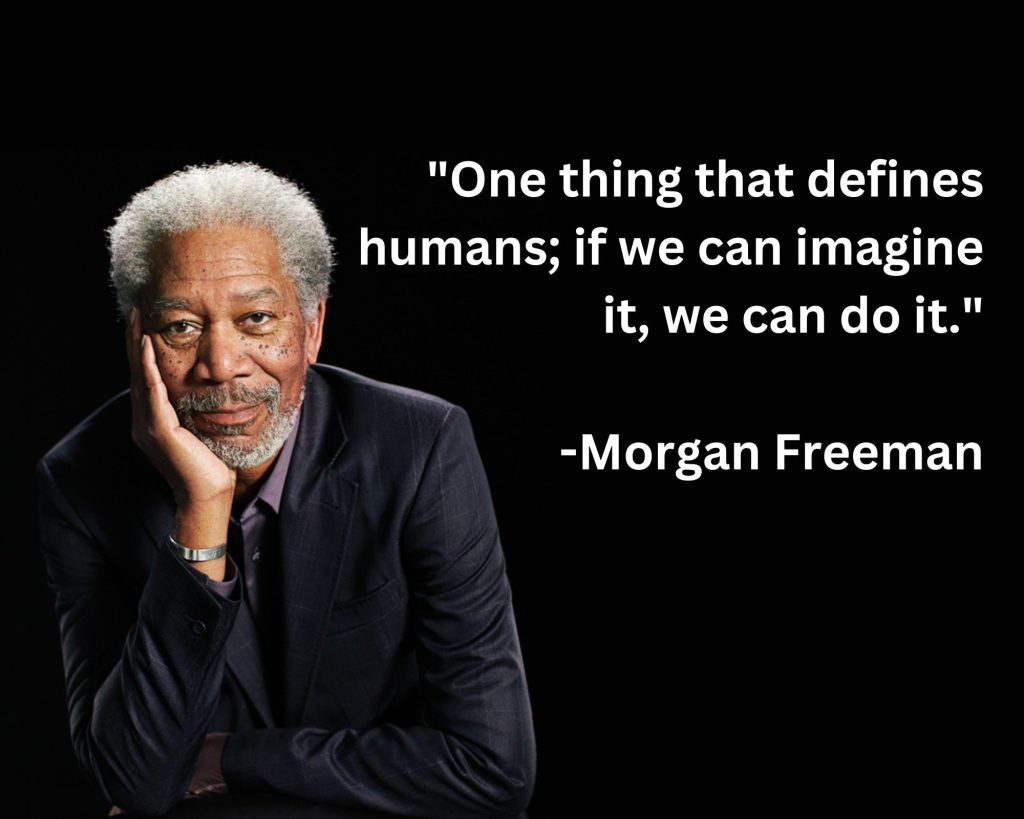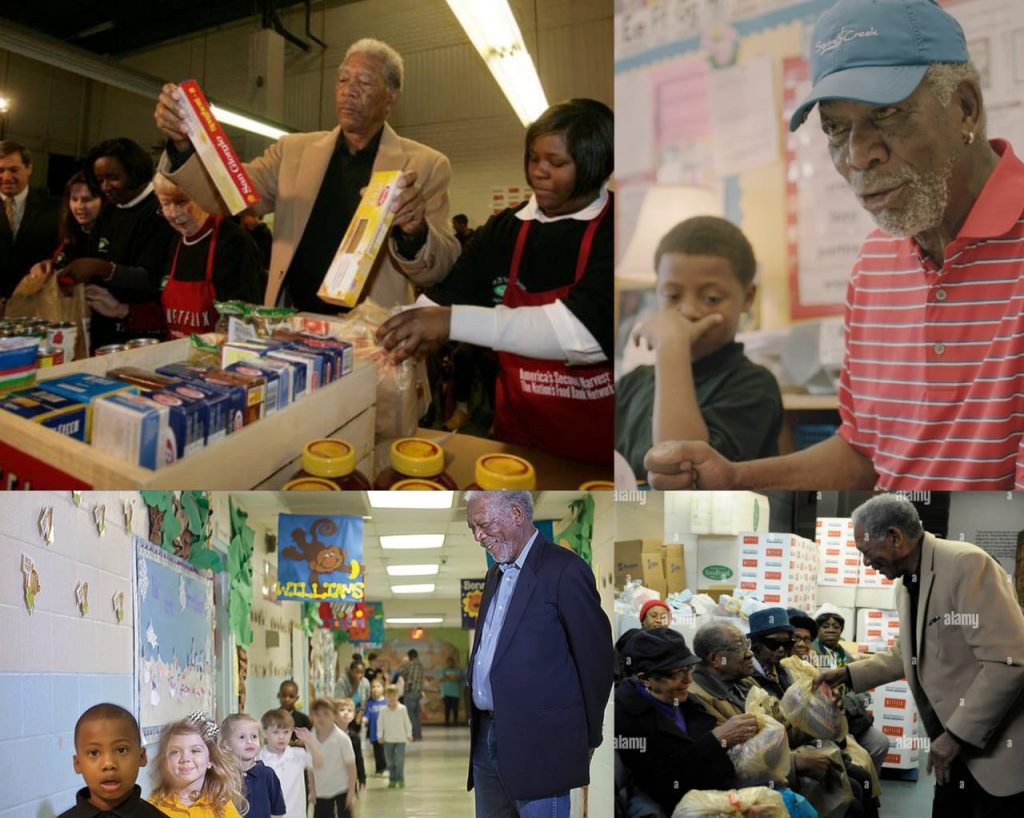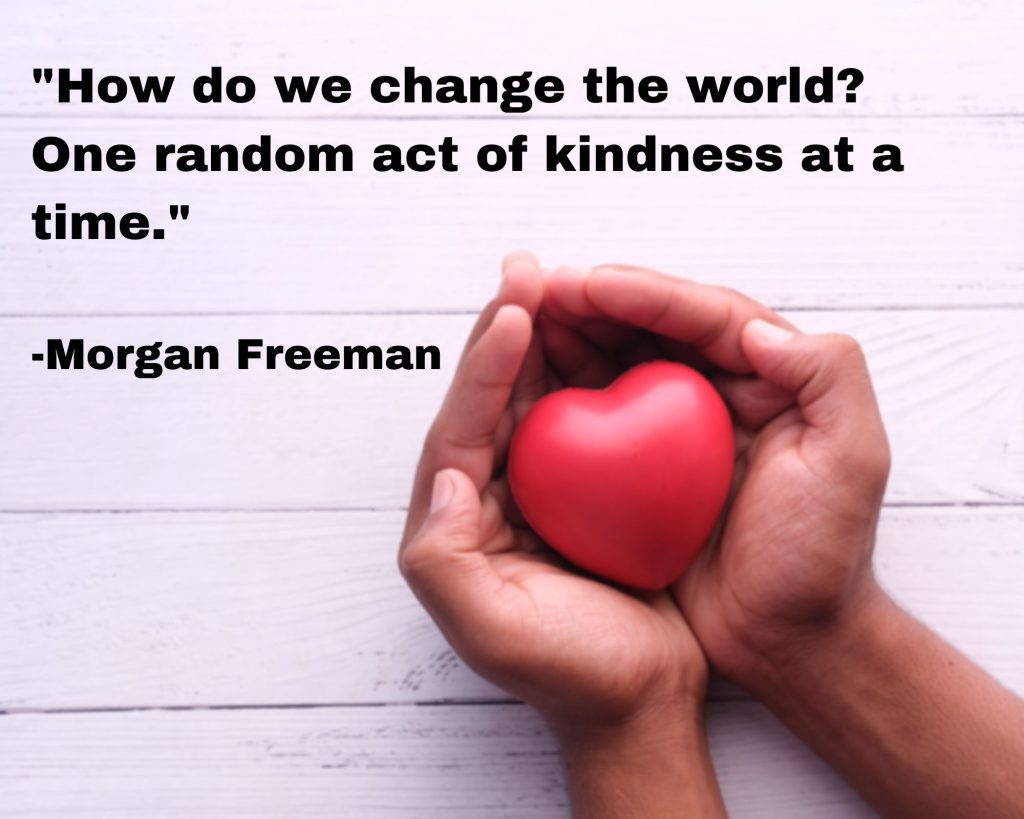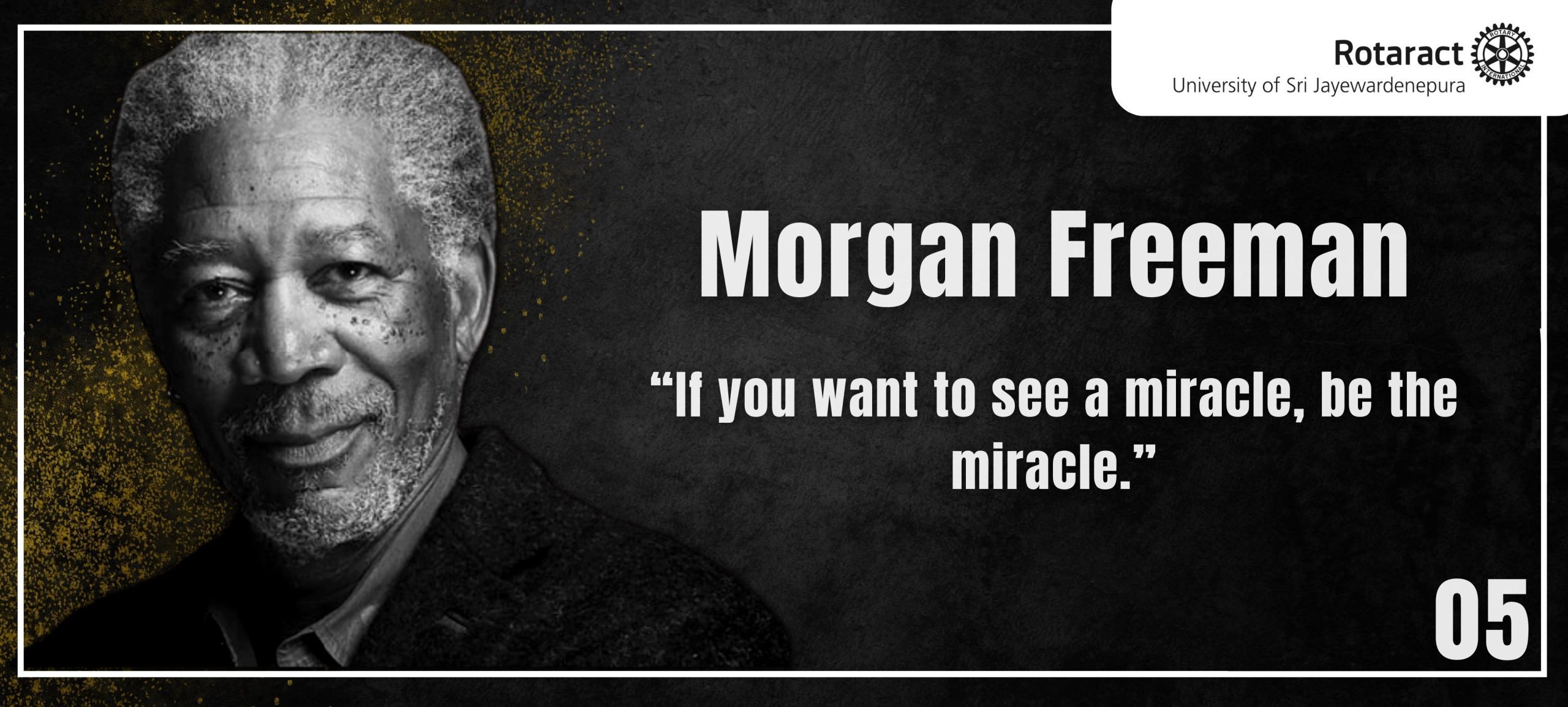Many famous stars and well-known personalities have dedicated themselves as volunteers, humanitarians, and philanthropists to changing our world for the better. Last time, we brought you the story of Denzel Washington, and today, we bring you the fifth incredible story of the series to inspire you with his life story.
Morgan Freeman is one of the legendary actors respected for many generations for his pure talent, kindness, and generosity. He’s an actor with a profound, deep voice and has voiced many popular dramas and documentaries and is one of the few actors who frequently took up roles that were not specifically written for black actors. He was born on June 1, 1937, in Tennessee, USA and is the youngest of a family of four children. His DNA analysis showed that his ancestors were Songhai and Tuareg people from Niger. His great-great-grandparents were slaves who migrated from North Carolina to Mississippi.
As a child, Freeman had to move frequently, living in Greenwood, Mississippi, Gary, Indiana, and finally Chicago, Illinois. He first unveiled his talent for acting when he was 9, debuting as the lead role in a school play. At age 12, he won a drama competition that was held statewide.

While in school, he discovered music and theatre and even won a partial scholarship to study drama at Jackson State University. He turned this down due to his aspirations to become a fighter pilot. He enlisted in the US Air Force and served as an Automatic Tracking Radar repairman, rising to the rank of airman first class. His stint in the Air Force was a let down which led him to move to Los Angeles California and pursue an acting career. Then he took acting classes at the Pasadena Playhouse. While he was studying theatre arts at Los Angeles City College, he was encouraged to pursue a career in dancing.
In 1967, Morgan Freeman made his broadway debut in an all-black production called “Hey Dolly!”. In the 1970s, he continued to work on the stage and appeared on the educational children’s television show “The Electric Company” as the character Easy Reader, through which he gained recognition and financial stability in the US. “Who Say I Can’t Ride a Rainbow” was his first credited appearance in a feature film starring Jack Klugman. He took a short career break and returned with two-stage productions, “The Mighty Gents” and “White Pelicans,” in 1978. “The Mighty Gents” won a Drama Desk Award and a Clarence Derwent Award for his role as a wino.
His works in the mid-1980s earned him a reputation as an actor portraying wise, fatherly figures. The portrayal of a street hustler, which deviated from all his previous roles in the movie “Street Smart”, earned him a nomination as the best supporting actor. Morgan Freeman considers this role to be his breakthrough. Film critic Roger Ebert wrote, “Freeman has the flashier role, as a smart, very tough man who can be charming or intimidating—whatever’s needed. Freeman creates such an unforgettable villain”.
When taking a look at the career of this renowned personality, his versatility as an actor can be seen. He starred in the movie “Glory” as sergeant major John Rawlins alongside co-star Denzel Washington. The movie was nominated for five Academy Awards and won three. He also took on the role of Hoke Colburn in the comedy “Driving Miss Daisy”. The film was a commercial success and grossed US$145 million worldwide. One of his most famous works is “The Shawshank Redemption,” in which he portrayed the role of Red, a redeemed convict. This masterpiece received the Academy Award for best picture in 1995.

Over the years, Freeman has volunteered with numerous organizations and charities, dedicating countless hours to causes ranging from homelessness and poverty to education and healthcare. His work has taken him all over the world, from disaster zones in the aftermath of hurricanes and earthquakes to rural villages in developing countries. Through it all, he has remained committed to making a difference in the lives of others, no matter how challenging the circumstances.
To assist those impacted by Hurricane Ivan on the island of Grenada, Freeman assisted in the establishment of the Grenada Relief Fund in 2004. Since then, the fund has evolved into PLANIT NOW, an organization that aims to offer preparedness tools to those residing in hurricane- and severe storm-prone areas.
Freeman’s impact goes beyond just the work he has done as a volunteer. As a social worker, he has also dedicated his professional career to helping those in need. He has worked in some of the most challenging and underserved communities, where poverty and social inequality are rampant, and he has worked tirelessly to provide access to education, healthcare, and other essential services. His efforts have helped countless individuals and families break the cycle of poverty and achieve a better future.

“I don’t want a black history month”, Freeman declared in 2005, criticizing the commemoration of black history. American history is black history. He stated that there is no “white history month” and that the best way to overcome racism is to stop talking about it. Freeman said: “I am going to stop calling you a white man and I’m going to ask you to stop calling me a black man” in an interview with Mike Wallace for 60 Minutes.
What makes Freeman Morgan truly inspiring is not just the impact he has had on others, but also how he has approached his work. He has always been guided by a deep sense of empathy and compassion, and he has never been afraid to roll up his sleeves and get his hands dirty. Whether he is building homes for families in need or providing medical care to refugees in war-torn countries, he always approaches his work with a sense of humility and respect for the individuals he is serving.
In a world that can often feel dark and divided, Freeman is a shining example of the power of human kindness and compassion. His life is a testament to the fact that when we come together and work towards a common goal, we can achieve incredible things and create a brighter, more just world for all. As Morgan continues to give so much colour to this world and inspires people of all ages and upbringings to add colour to this world, we as Rotaractors have immense lessons to learn from him, most importantly to be humble.
Written by: Rtr. Sathmi Dinanja
Graphic design by: Rtr. Malithi Fernando



0 Comments